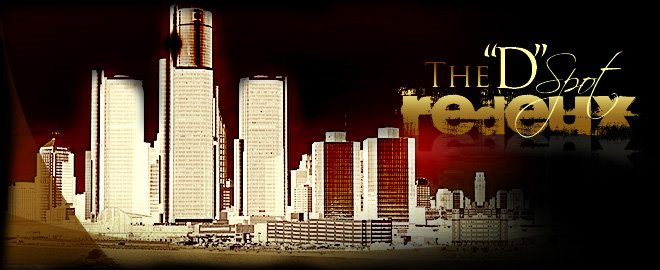This is a 2012 update from a previous post...
September, the month we acknowledge a National Labor Day Holiday. The holiday has historically been celebrated with parades followed by picnics. Labor Day Weekend is also celebrated as the "last weekend of summer" and while many Americans continue to celebrate in the traditional ways, too few people remember or recognize the historical importance Labor Day movements for all Americans employed or unemployed nor the relevancy to our economy and workforce today.According to R. Thomas Buffenbarger of the Detroit News, more than 9.1 million Americans today -- union and non-union alike -- are categorized by the Department of Labor as involuntary part-time workers. For more than 1 million union members and more than 13 million non-union Americans, cutting back on spending is no longer an option. It is an imperative. They lost their paycheck. In far too few instances, it was replaced by unemployment insurance checks. Another 5.7 million Americans are only marginally attached to the work force, according the Department of Labor. If you add the 9.1 million involuntary part-time workers and the 14.9 million unemployed to the 5.7 million workers marginally attached to the work force, the total number of Americans idled in this recession exceeds 29.7 million. That's 19.2 percent of the work force -- or one out of five workers.
Years ago, Detroit (Motor City) was at the heart of the labor movement. Thousands of men and women struck the plants and shops and marched the streets demanding a fair shake.Upon the completion of the Erie Canal in 1837, Detroit’s population had grown to 10,000. Housing boomed and overworked carpenters became some of the first Detroiters to organize into unions. On April 3, 1837, the city’s first strike broke out among the carpenters and journeymen seeking 10-hour work days and $2 pay.
On June 28, 1894, President Grover Cleveland, not in favor of organized labor, but under political pressure, signed a Labor Day holiday bill designating the first Monday in September for the holiday.
Organizing unions focused on skilled-trades workers of Detroit. Early organizing efforts drew sharp reactions from the employers, who formed counter organizations such as the Detroit Employers Association which identified, discriminated against, fired and blacklisted unionized workers. unionizing activity, calling them "unwanted undesirables."
The slogan of the Employers Association, "Prevention Is Better Than the Cure," struck fear in the heart of immigrant laborers seeking a better life in Detroit and helped make Detroit famous as an anti-union town.
Over the years, labor and political leaders have been the featured speakers of labor day parades. In the 1930s and through World War II, the labor movement strengthened, especially in Detroit Michigan, where Walter Reuther helped negotiate benefits such as paid vacation time and sick leave.

Meanwhile, the Labor Day march across the Mackinac Bridge, led by the governor of Michigan, became the new tradition. Today, both parades/marches are simultaneously held, and the Democratic candidates participate.
Last year, thousands of Obama's supporters, many from organized labor, jammed into Hart Plaza along the downtown Detroit riverfront to warmly welcome the Democratic presidential candidate who spoke about a different type of solidarity. He focused his speech on change and jobs as well as connected his ideas on health care reform as a tool to improve labor conditions.
Until recently, most Detroiters thought of this holiday as a last summer fling. Many Americans have forgotten the holiday's roots in unionism and equality. Relaxing at the beach or barbeque, it's easy to forget our grandparents who marched in the streets in huge parades celebrating the working man's efforts with a show of solidarity. Without union intervention, overtime pay, vacations and sick leave policies might not exist, nor workplace safety rules protect us.
Happy to Labor Day to all Americans, employed or not and be united for divided we fall!








No comments:
Post a Comment
Thank you for your comments! Your email address will not be shown or shared!
Due to overwhelming spam comments, this comment forum will now be moderated. No more "anonymous" comments will be allowed.